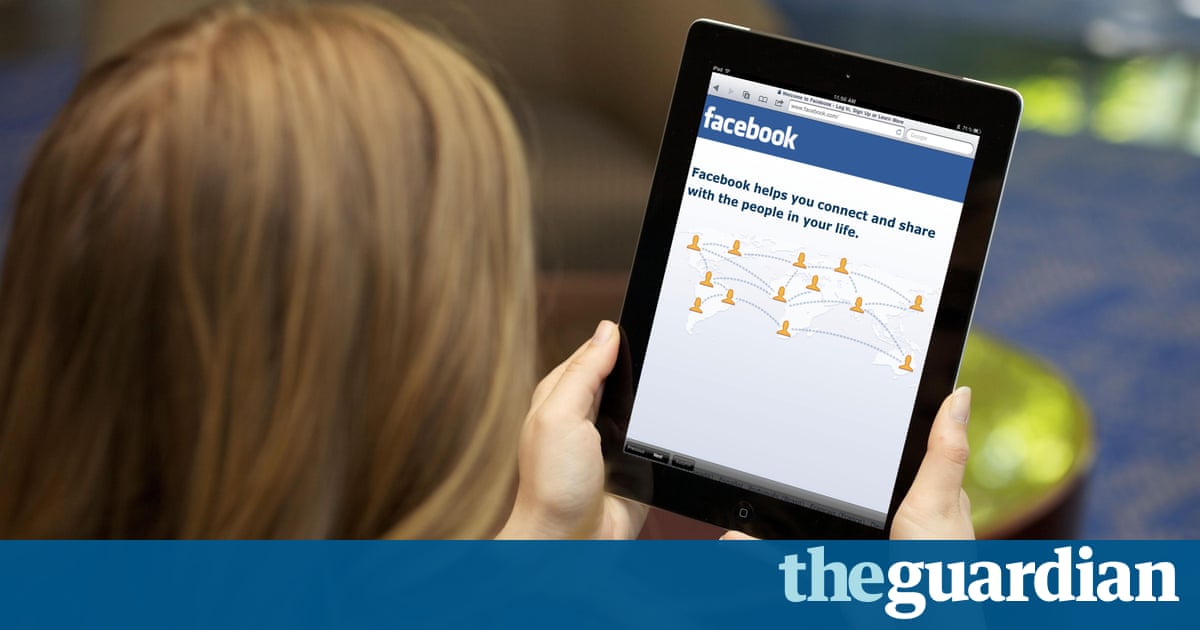Changes to the algorithm mean your friends posts will be prioritized, and publishers that rely on Facebook traffic will be gnashing their teeth

To paraphrase Archimedes, give me an algorithm, and I can move the world.
Facebook announced yet more changes to its news feed algorithm on Wednesday, the secret sauce that determines whose posts show up on your Facebook page, and whose remain unseen.
The winners: you and your friends, whose posts will receive more exposure than they have in the recent past.
The losers: publishers, who rely increasingly on Facebook to send traffic to their sites.
This is not the first time Facebook has tweaked its algorithms, which invariably results in agonized cries and the gnashing of teeth from those negatively affected. In April, after Facebook announced plans to move content posted by friends higher in the feed, traffic to some publishers sites plummeted by 25%, according to a report in Digiday.
Now Facebook is going further with that strategy, based on feedback from readers who say they would rather hear about grandmas recipe for fried pickles or see pictures of their nephews bar mitzvah than the fallout from Brexit or Donald Trumps latest gaffe.
In other words, Facebook is shifting back toward what it was originally designed to do before it stumbled into the news distribution business.
Joshua Benton, director of Harvards Nieman Journalism Lab, sees this as an incremental change, a continuation of policies Facebook has been pursuing for some time.
Its another step in the line of decisions Facebook has made centering around increasing user loyalty and keeping them on site, he says. Publishers need to recognize that Facebooks incentives are different than theirs. Its another sign that publications will have to rely more on direct reader revenue and less on advertising revenue.
Benton doesnt see publishers making radical changes in how they work with Facebook, besides having their social media editors spend less time maintaining publications Facebook pages and more time getting readers to share articles.
But they may also have to up their analytics game if they wish to avoid being crushed like a bug, says Jay Rosen, a journalism professor for NYU and author of the Press Think blog.
Its a case of the weak trying to figure out the strong, he says. Companies with great analytics tend to know a bit more about what Facebook is doing. I dont think BuzzFeed is wondering whats going on with its Facebook news feed. Other publishers who dont have very good analytics probably feel a little helpless.
On the other hand, the fact that Facebook admitted that internal values drive its news feed instead of impartial algorithms largely out of its control, as it has claimed in the past is a step in the right direction, Rosen says.
But its not just publishers who will be affected. The changes will also impact Facebook pages launched by businesses who hope to use the social network. Overall, we anticipate that this update may cause reach and referral traffic to decline for some Pages, explained Facebooks blogpost.
The specific impact on your Pages distribution and other metrics may vary depending on the composition of your audience. For example, if a lot of your referral traffic is the result of people sharing your content and their friends liking and commenting on it, there will be less of an impact than if the majority of your traffic comes directly through Page posts.
These changes make life even harder for the millions of brands and small businesses that have made Facebook pages one of their primary promotional tools, says Kari DePhillips, founder of The Content Factory, a social media marketing agency.
Brands already have to pay to play on Facebook, she says. If you have 10,000 Likes, a very small fraction ever see your updates, unless they specifically opt in to be alerted whenever you make a post and that rarely happens. So to reach the audience that has taken the initiative to Like your page, you already have to pay for advertising. This underscores that even more.
Ultimately, its another sign that when you sign a deal with the devil, eventually youre going to get burned.
Facebook has the power to send more or less traffic to publishers whenever it wants to, says Benton. They control the algorithm, whereas we have only a dim insight into it. They get to do what they want.
Its good to be the largest hoarder of content on the internet.








